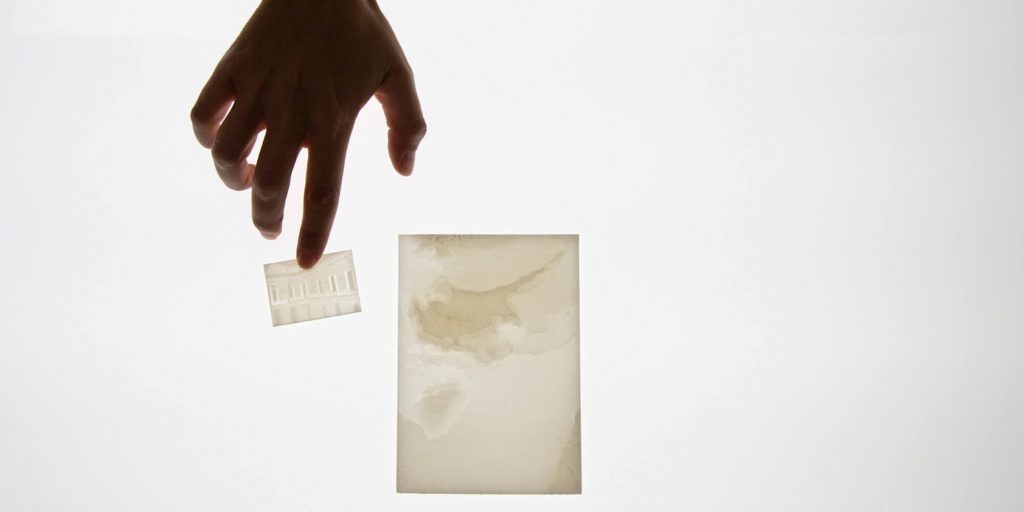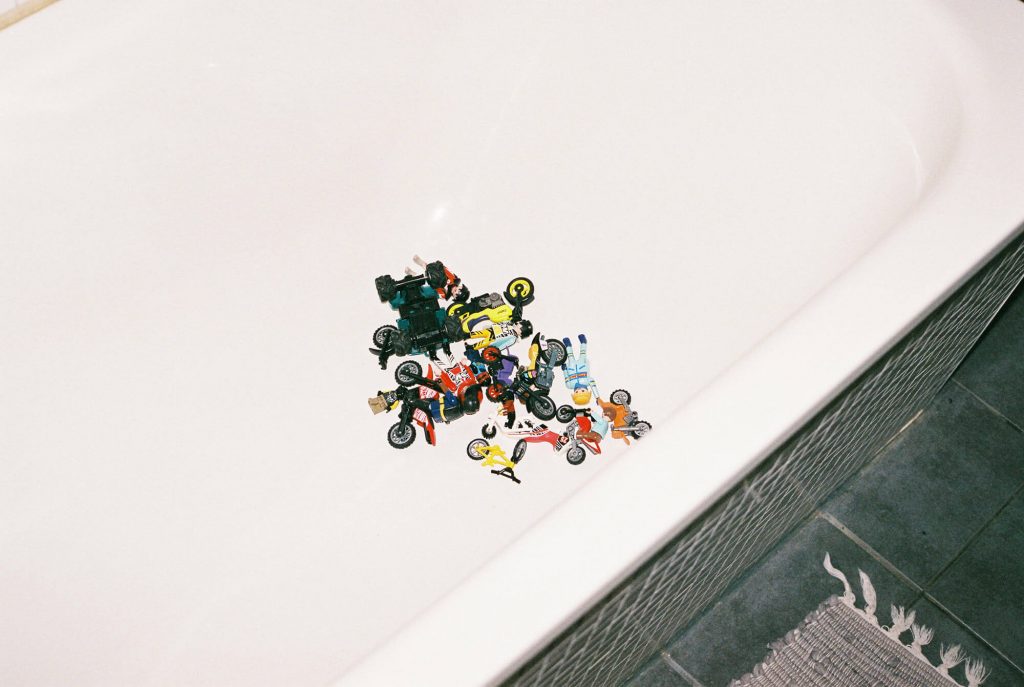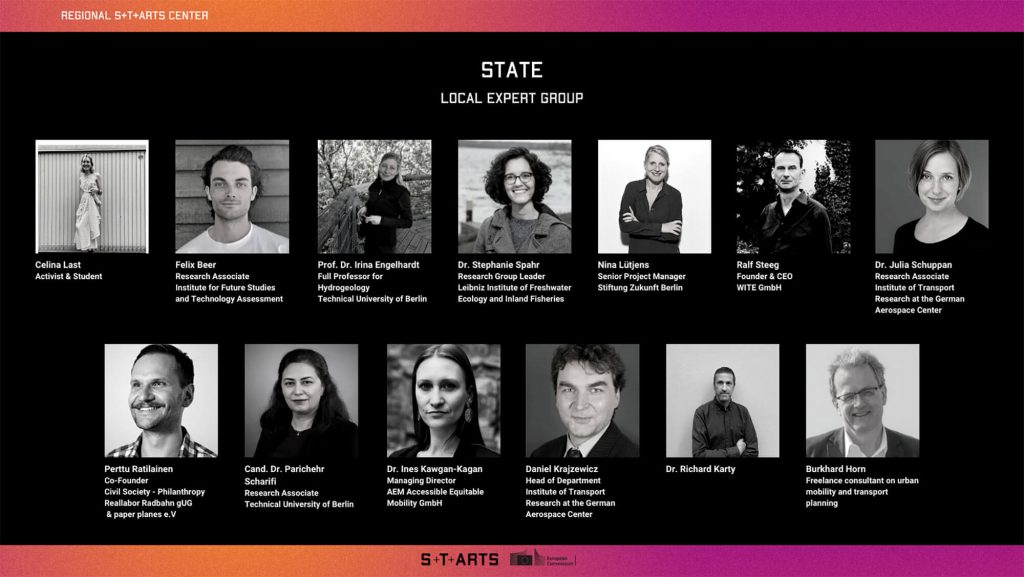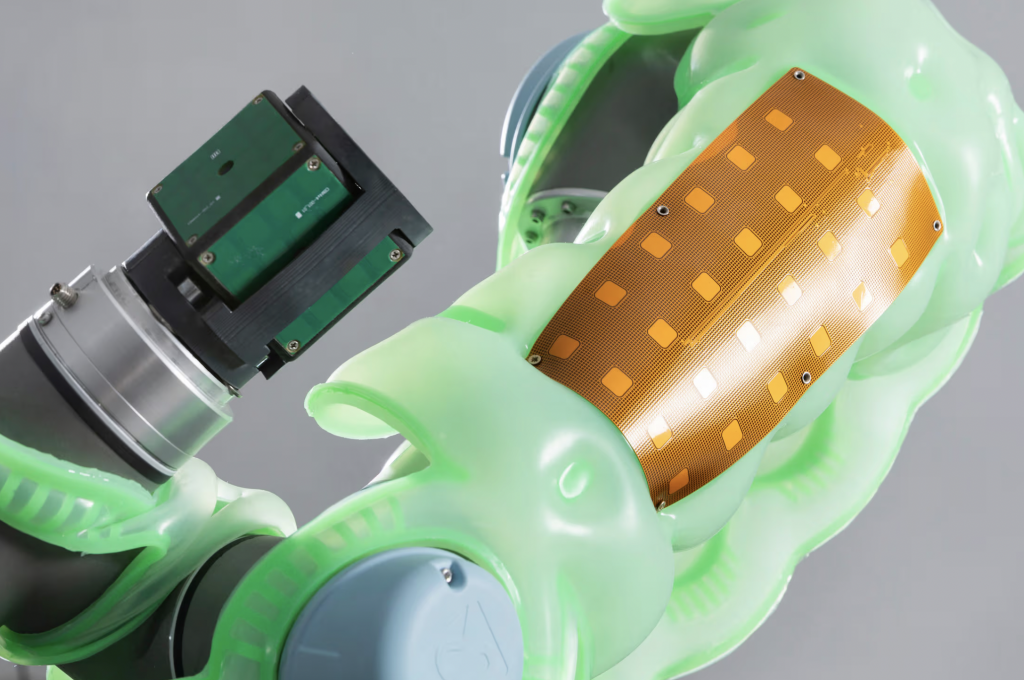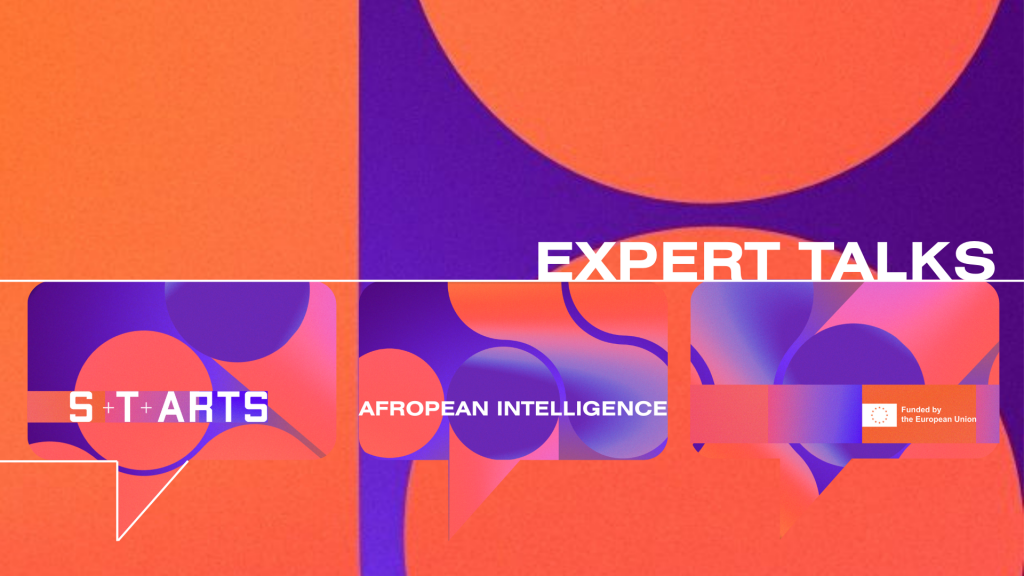S+T+ARTS Regional Centers | Repairing the Present
New Modes of Mobility | Challenge nº5
How might we create an open-minded culture towards change and turn Berlin’s future of mobility into a collective mission?
Consortium Partner: STATE
EU Green Deal:GD4 Sustainable and smart mobility
Problem Statement
The different possibilities and preferences of transport of Berlin’s citizens and the use of public urban space are often in conflict with each other. This presents a challenge for the transformation towards a sustainable future of urban mobility in the city. How can we create more awareness and engage the public in a collaborative and inclusive process?
Keywords
Mobility, Urban Future, Inclusion, Public Participation, Awareness, Public Space
Challenge Context
Berlin is a very diverse and multicultural city, which brings with it a social complexity that is reflected in a variety of different political views, opinions and lifestyles. To find common grounds for the ongoing transition towards a more sustainable future of urban mobility in Berlin is often difficult. We see, amongst others, challenges arising related to inequalities regarding the choice of and access to different modes of transport; conflicts between personal needs and preferences, and shared responsibility for common urban space; the fear of change and resistance to the use of more sustainable transport modes – whether new or old.
One of the goals of the European Green Deal is sustainable and smart mobility. To reach that goal we have to engage the public in an open dialogue, challenge our routines and provide education on alternative and sustainable modes of transport.
Acting as a catalyst for change, this project aims to open up new spaces for dialogue and reflection on the multi-faceted topic of urban mobility in Berlin and create a new sense of shared ownership for public space as well as openness, and responsibility in the process of transforming Berlin’s mobility sector. By means of a collaborative artistic journey that includes multiple stakeholders across all sectors, citizens of Berlin should be encouraged to rethink public space together.
Fellowship Characteristics: network, opportunities, and expectations
The fellowship is organised as a mission-driven journey through the topic of mobility in Berlin in close exchange with a diverse group of local experts from all sectors. Through the local experts and connected partner institutions, such as the Deutsches Zentrum für Luft- und Raumfahrt e. V. and Technical University Berlin, the selected artist will get access to rich data about mobility in Berlin, in-depth knowledge about local contexts (including spatial, social and political aspects) and a variety of technologies to measure and evaluate mobility behaviour. In particular, strong expertise in studying psychological and behavioural aspects (e.g. Real-time physiological data streaming and visualization) is offered. Concrete terms of access to the technologies will be clarified in person with the local experts after the start of the fellowship.
During the fellowship, the artist is expected to engage with the general public as well as relevant stakeholders in a strongly collaborative process and show high openness as well as an in-depth and critical assessment of the topic.
The artist is expected to travel to the region to attend meetings and events or to conduct field research at least 4 times during the fellowship.
The artist is expected to deliver a presentable prototype or an artwork that will be included in the final exhibition at MAXXI Rome and at ZKM Karlsruhe.
Jury Day(s)
Jury day will be: digital
Jury day will be held on: 17th January 2022
Useful links
- Find more information about the project and interviews with the local experts following this link.
